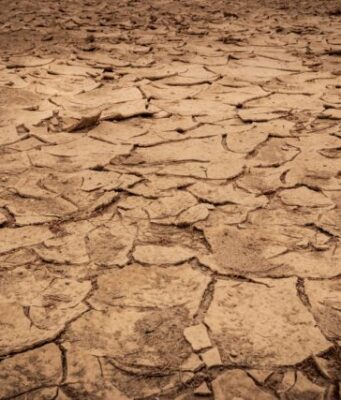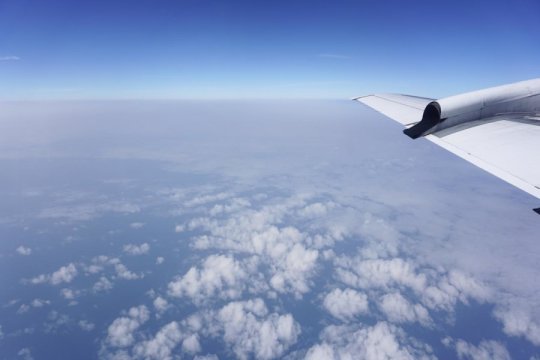Agriculture already monopolizes 90 percent of global freshwater -- yet production still needs to dramatically increase to feed and fuel this century's growing population. For the first time, scientists have improved how a crop uses water by 25 percent...
University of Wyoming researchers led a study that discovered that biomass smoke originating from South Africa that drifts over the southeast Atlantic Ocean significantly enhances the brightness of low-level clouds there -- creating a reflective process that actually helps...
Imagine if carbon dioxide (CO2) could easily be converted into usable energy. Every time you breathe or drive a motor vehicle, you would produce a key ingredient for generating fuels. Like photosynthesis in plants, we could turn CO2 into molecules...
An urban environment expert at ANU has warned that city councils acting alone to address climate change, in the absence of an evidence-based systems approach, can have unintended consequences.
Professor Xuemei Bai from ANU and other urban experts from around...
For seven years as a graduate student at Montana State University, Rebecca Hochstein hiked into the backcountry of Yellowstone National Park.
Careful to avoid the bears whose tracks she saw on the trail, she collected samples from a 176-degree hot...
The United States could reliably meet about 80 percent of its electricity demand with solar and wind power generation, according to scientists at the University of California, Irvine; the California Institute of Technology; and the Carnegie Institution for Science.
However,...
Fields, streets and cities, but also forests planted in rank and file, and dead straight rivers: humans shape nature to better suit their purposes, and not only since the onset of industrialization. Such influences are well documented in the...
For the first time, researchers have seen life rebounding in the world's driest desert, demonstrating that it could also be lurking in the soils of Mars.
Led by Washington State University planetary scientist Dirk Schulze-Makuch, an international team studied the...
The global fishing fleet is so big it can be seen from space. Really.
Fishing activity now covers at least 55 percent of the world's oceans -- four times the land area covered by agriculture -- and can now be...
The ocean around the Galápagos Islands has been warming since the 1970s, according to a new analysis of the natural temperature archives stored in coral reefs.
The finding surprised the University of Arizona-led research team, because the sparse instrumental records...
New University of Colorado Boulder-led research has established a causal link between climate warming and the localized extinction of a common Rocky Mountain flowering plant, a result that could serve as a herald of future population declines.
The new study,...


















